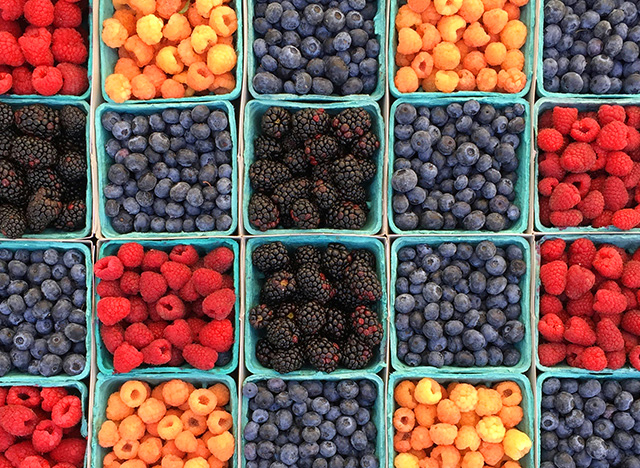You may hear that food today is not as nutritious as it used to be, this is FALSE!
 fresh fruit
fresh fruit The Claim of Declining Fresh Food Quality and the Need for Supplementation
The assertion that the quality of our fresh food is declining, necessitating the use of dietary supplements, has been a topic of debate for years. Proponents argue that modern agricultural practices and soil depletion have reduced the nutrient content of fruits and vegetables, leading to a potential gap in essential nutrients that supplements can help bridge. However, there is no substantial evidence to support the notion of widespread nutritional deficiencies in today’s food supply. In fact, with advancements in agricultural technology and global trade, there is an unprecedented availability of a wide variety of foods all year round. This abundance allows for a balanced diet that can meet all nutritional needs without the necessity for supplements. Modern consumers have access to a diverse array of fresh produce, meats, and grains from around the world, making it easier than ever to consume a nutrient-rich diet.
Variety is the Key to Nutrient Sufficiency
Diversity in diet is crucial for obtaining the full spectrum of nutrients necessary for health. A varied diet ensures that individuals receive adequate amounts of essential vitamins, minerals, and other nutrients from different food sources. Each type of food offers a unique combination of nutrients, and consuming a wide range of foods can help prevent deficiencies and support overall well-being. For instance, leafy greens provide ample vitamins A, C, and K, while nuts and seeds are rich in healthy fats and magnesium. Including fruits, vegetables, whole grains, lean proteins, and dairy products in one's diet ensures a comprehensive intake of nutrients. This variety can mitigate the need for supplements, as a balanced and diverse diet typically meets all nutritional requirements.
Over-Processing Reduces Nutritional Value; Fresh is Best!
While the variety and availability of foods have improved, over-processing remains a significant concern in maintaining nutritional quality. Food processing often involves methods such as refining, canning, freezing, and adding preservatives, which can diminish the nutrient content of foods. For example, refining grains removes the nutrient-dense bran and germ, leaving behind the starchy endosperm, which has significantly fewer vitamins and minerals. Similarly, high temperatures used in canning can destroy heat-sensitive nutrients like vitamin C and certain B vitamins. Moreover, processed foods often contain added sugars, unhealthy fats, and sodium, which can contribute to health problems if consumed in excess.
Choosing fresh, whole foods is generally the best approach to maximize nutrient intake. Fresh fruits and vegetables, for instance, retain more of their natural vitamins, minerals, and antioxidants compared to their processed counterparts. They are also free from added sugars and unhealthy fats found in many processed foods. Consuming fresh foods encourages a healthier diet overall and helps maintain the nutritional integrity of what we eat. Thus, prioritizing fresh, minimally processed foods can contribute significantly to achieving and maintaining optimal health.
Related Pages
- Nutrition Beyond the Gym: How Supplements Support Overall Wellness
- Vitamin supplementation — the good and the bad
- Nutrients: Understanding the Components of Food
- Vitamin D – deficiency and the effect on health
- Supplements: Much More Than Enhancing Performance
- Other Health and Nutrition Myths
- Fitness and Weight Loss Myth


 Current Events
Current Events